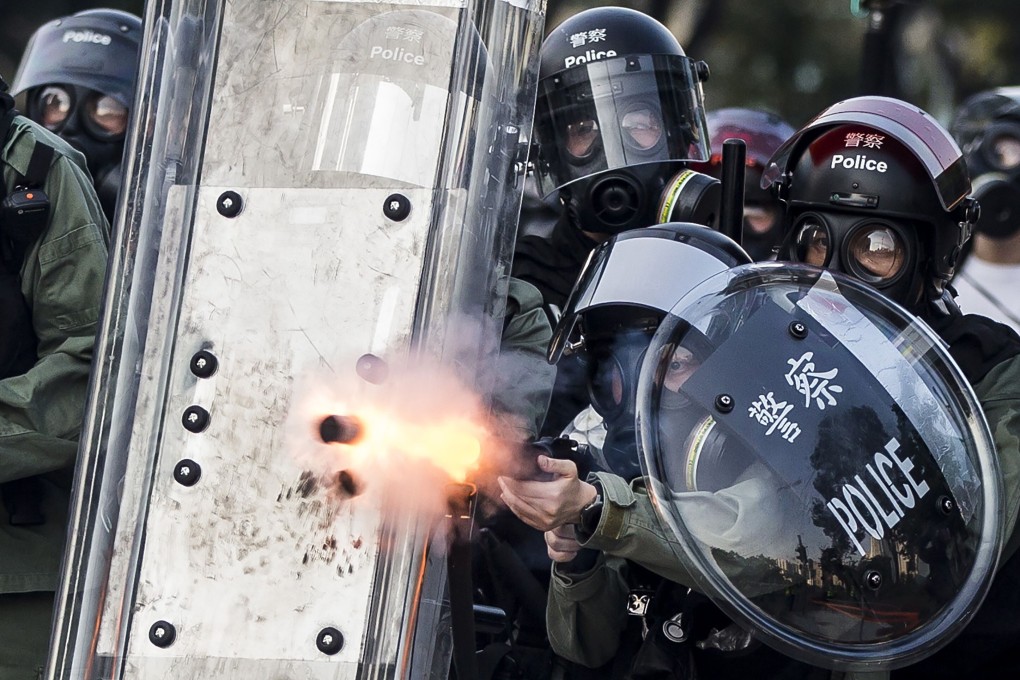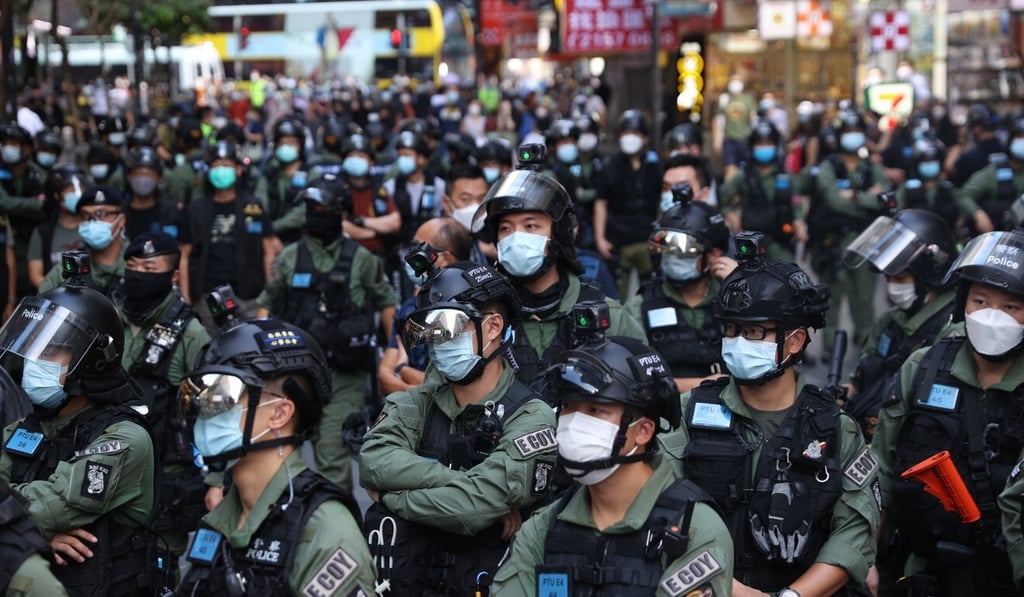Acting on findings of judge can improve public image of Hong Kong police
- Changes must be made after court rules complaints body is insufficiently independent and officers should have worn unique identification marks during protests

The violent protests that rocked Hong Kong last year have gone, as the city battles to control the spread of Covid-19 and adapts to a sweeping new national security law. But many of the issues arising from the months of civil unrest remain unresolved.
The most pressing of these is police accountability. More than 1,600 complaints were made against officers during the protests and there were widespread calls for an independent inquiry. These were rejected by the government which insisted allegations be dealt with under the existing complaints system.
The result was a report by the Independent Police Complaints Council (IPCC) in May that concluded police had no systemic problem and only used force in response to violence.
The system, in which allegations are initially investigated internally by the Complaints Against Police Office, was found by a court yesterday to be insufficiently independent and efficient to meet legal requirements.
The judge also ruled police had unlawfully failed to ensure officers wear a unique mark when on duty, so they can be identified if there is a complaint against them.
